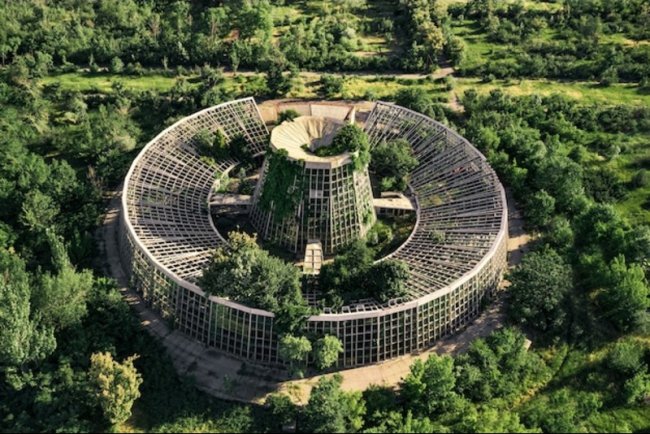Qatar Commits $2.5B Green Bond Fund For Sustainability
Qatar allocates $2.5B for green bond fund, focusing on renewable energy, smart cities, and eco-friendly real estate.

Qatar is stepping up in sustainable development with a bold green bond proposition of $2.5 billion that shall focus on renewable energy projects, infrastructure upgrade, and friendly real estate investment. It comes at a time when Qatar has long understood its commitment to sustainability, especially towards its National Vision 2030, which the country has promised to achieve on sustainable economic diversification amid environmental responsibility.
The green bond fund stands as a critical milestone toward the journey of Qatar toward a more sustainable future. With the support of the government and private sector, the funds will be directed to transformative projects such as clean energy and smart city infrastructure. A major area of development is in renewable energy; Qatar aims to reduce its dependence on fossil fuels and find cleaner, more sustainable alternatives. It will also be used to enhance infrastructure and develop eco-friendly real estate, because Qatar aims to build a greener, more livable urban environment.
A significant part of the push for a green future in Qatar is its investment in smart cities, where modernity is merged with sustainability to create innovative urban landscapes. Lusail City is one of the most ambitious projects in the country, covering an area of 38 km², and is designed to set a global benchmark for intelligent urban development. It aims to promote sustainability while providing a high quality of life for its residents by integrating artificial intelligence (AI) and data-driven technologies. The Qatar Mobility Innovations Centre is also driving digital connectivity, a key part of the country's Digital Agenda 2030.
Another other fine example of Qatar's commitment to sustainability is the Msheireb Downtown regeneration scheme. The urban development has already significantly decreased energy consumption; in fact, it is expected to be lowered to 30% through the use of automation, artificial intelligence, smart lighting, and water-saving technologies. This innovative development merges the country’s rich heritage with modern technology, resulting in an intelligent and sustainable built environment. It reflects Qatar’s vision of creating spaces that prioritize both environmental conservation and quality of life for its citizens.
Despite the ambitious goals and progress being made, Qatar faces significant challenges that could impact the pace and cost of its sustainable development. Construction costs in Doha have gone through the roof, with the city now being ranked as the second most expensive in the Middle East for construction, at $2,096 per m². This will be driven by several factors, such as global supply chain disruptions and the limited pool of skilled labor exacerbated by regional competition for resources, particularly with preparations for the FIFA World Cup in 2034 in neighboring Saudi Arabia.
These challenges require strategic planning and adaptability, especially when it comes to project delivery and investor confidence. Michael Brady, the Director of Turner and Townsend in Qatar, emphasized the need for private sector companies to prioritize sustainability now, to avoid falling behind as market dynamics and environmental regulations continue to evolve. “While environmental legislation in the region currently remains limited, companies should prioritize sustainability now to avoid having to play catch-up,” he said.
The rapid growth of smart cities and investment in renewable energy projects shows Qatar's intention to become a global leader in sustainable urban development. These are part of the broader vision for ensuring that cities in Qatar are not only technologically advanced but also environmentally responsible. Qatar thus sets a stage for future cities: truly sustainable ones that benefit not only economically but also in terms of environmental advantages for the centuries to come. While construction is costly and volatile markets make it harder, a healthy economy and promising policies ensure bright perspectives in green investment and innovation in Qatar. The green bond initiative, along with the country's continued focus on smart cities, renewable energy, and sustainable infrastructure, positions Qatar as a leader in global sustainability efforts. According to Brady, the real opportunity for growth in the sector lies ahead, where developers need to make wise investments to ensure continued success. Through strategic planning, technological innovation, and a steadfast commitment to sustainability, Qatar is on the road to achieving its vision to create a greener, smarter, and more sustainable future.
What's Your Reaction?

















